Books that influenced my perception of the tech industry in 2024
Highly recommended reads if you enjoy this newsletter
I offer these book recommendations, in the order I read them, as my parting gift of 2024 to everyone who has checked out or subscribed to this newsletter this year. Thank you so much for giving me some of your precious attention in a world that increasingly doesn’t leave us with much time or space to focus on deeper issues. If you’d like to suggest other books that shed light on the darker shades of tech, please drop them in the comments. I’m always looking for more great books to read! See you in 2025.
Unmasking AI: My Mission to Protect What Is Human in a World of Machines, Dr Joy Buolamwini.
Published: 2023.
Genre: Memoir/non-fiction.
Length: 317 pages.
Part memoir, part exposé of the surveillance capitalism that keeps big tech in business and the real harms caused by unregulated algorithms in all areas of our lives. Dr Buolamwini describes her PHD work bringing to light the systematic bias in facial recognition systems and other AI-powered apparatus of the world around us.
The Sirens of Titan, Kurt Vonnegut.
Published: 1959.
Genre: Science Fiction.
Length: 224 pages.
Most of the novel didn’t seem relevant to what’s going on with tech today, but this one paragraph seems to tell the story of nihilistic people who became obsessed with automation to the point where they completely cursed their own species. Could be a cautionary tale:
Once upon a time on Tralfamadore there were creatures who weren’t anything like machines. They weren’t dependable. They weren’t efficient. They weren’t predictable. They weren’t durable. And these poor creatures were obsessed by the idea that everything that existed had to have a purpose, and that some purposes were higher than others. These creatures spent most of their time trying to find out what their purpose was. And every time they found out what seemed to be a purpose of themselves, the purpose seemed so low that the creatures were filled with disgust and shame. And, rather than serve such a low purpose, the creatures would make a machine to serve it. This left the creatures free to serve higher purposes. But whenever they found a higher purpose, the purpose still wasn’t high enough. So machines were made to serve higher purposes, too. And the machines did everything so expertly that they were finally given the job of finding out what the highest purpose of the creatures could be. The machines reported in all honesty that the creatures couldn’t really be said to have any purpose at all. The creatures thereupon began slaying each other, because they hated purposeless things above all else. And they discovered that they weren’t even very good at slaying. So they turned that job over to the machines, too. And the machines finished up the job in less time than it takes to say, “Tralfamadore.”
Homo Deus: A Brief History of Tomorrow, Yuval Noah Harari.
Published: 2016.
Genre: Non-fiction.
Length: 528 pages.
Love him or hate him, Harari prognosticates that humanism is being tossed out by society in favor of a new religion centered on Artificial Intelligence, a eugenics-based obsession with intelligence, and a techno-optimistic dream of transhumanism, and I don’t think he’s wrong.
The Moon is a Harsh Mistress, Robert A. Heinlein.
Published: 1966.
Genre: Science Fiction.
Length: 288 pages.
Spoiler: there’s an artificial superintelligence that is supposed to be aligned with the world government but in a peculiar twist of fate it makes friends with a human and decides to switch sides, attacking the government and leading a revolution. For me, this underlines the reality that if we ever unlock ASI there is absolutely no guarantee that it won’t imprint itself upon the first person it meets or otherwise develops its own ideas that don’t align with the corporation that built it or humanity at all. It seems like such a nihilistic goal that we want to create something that will usurp us when we don’t even have a realistic reason to believe we can keep it under control or prevent it from annihilating us.
Red Team Blues, Cory Doctorow.
Published: 2023.
Genre: Crime Fiction.
Length: 213 pages.
With this book, Doctorow is in Neal Stephenson territory. A gruff, middle-aged security pro is hired to track down crypto criminals for a wealthy client. It’s not that thrilling but it does throw light on the capitalist nihilism and moral ambivalence of Silicon Valley techbros. For security nerds it also does a pretty good job of highlighting how it’s much easier to attack supposedly secure systems than to defend them against attacks. What can be exploited always will be exploited.
Bullshit Jobs: A Theory, David Graeber.
Published: 2018.
Genre: Non-fiction.
Length: 335 pages.
This book gave me lots to think about. The late, inimitable anthropologist David Graeber pulls some anecdotal but believable research out of surveys and interviews he conducted with workers across America. He found that 37% of employees basically hate their jobs and that many white-collar workers in America are in jobs where they are essentially paid to do nothing. I found this very jarring because I’ve worked in tech on the East Coast for over twenty years and have never felt like I was paid to do nothing. In fact, I’ve pulled my fair share of all-nighters and one-hundred-hour work weeks. But, upon reflection, in all my years in tech, did I actually build anything of real lasting value? What is a software developer’s legacy? That question conjures up some existential angst.
God, Human, Animal, Machine: Technology, Metaphor, and the Search for Meaning, Meghan O’Gieblyn.
Published: 2021.
Genre: Non-fiction.
Length: 304 pages.
I learned about the existence of this book through the author’s interview on the Tech Won’t Save Us podcast in April of this year. It’s a brilliant deep-dive into the quasi-religious underpinnings of the accelerationist, transhumanist philosophy made popular by the futurist Ray Kurzweil. Even though Silicon Valley tech billionaires like Zuckerberg, Musk, and Altman all seem non-religious, O’Gieblyn shows us how they are motivated by a kind of techno-optimist religion — with language and metaphors borrowed from classical Christianity — premised on the idea that one day their advances in AI, robotics, and quantum computing will enable them to transcend their human bodies and live forever as higher beings. Our tech overlords have no intention of improving human lives because they see us as frail, incompetent animals of average intelligence who need to be usurped by a greater God-like species that they intend to create in their own image. It’s weird: these techbros are not motivated so much by money and power so much as they are motivated by childish science fiction fantasies.
Siliconned: How the tech industry solves fake problems, hoards idle workers, and makes doomed bets with other people’s money, Emmanuel Maggiori.
Published: 2024.
Genre: Non-fiction.
Length: 230 pages.
A spiritual successor to Bullshit Jobs, Siliconned highlights and lambasts Big Tech’s exuberant and speculative over-spending on untenable and unsustainable ideas that more often than not are ill-advised or irrational solutions in search of a problem. AI-powered products that never work as advertised, hardware and software that doesn’t fit any particular market need — it’s like these behemoth companies don’t even bother with business analysis and product strategy. Maggiori explores how unrestrained, overzealous VC investment and government taxpayer funding prop up this bullshit industry, where ideas go to die and talented software engineers are often poached from other Big Tech companies only to be given no purposeful work to do. What he describes is a kind of darkly comedic nightmare where employees are just aimless worker ants trying to keep up with the whims of childish, daydreaming CEOs who have more money than common sense.
Klara and the Sun, Kazuo Ishiguro.
Published: 2021.
Genre: Science Fiction.
Length: 303 pages.
Some readers might argue this novel depicts a positive future for AI as robot companions that can give us comfort and friendship that we are otherwise lacking. But that’s only possible if you completely ignore that the story is set in a dystopian world that is polluted and broken down, where children get sick and parents resort to creating creepy simulacrum versions of them. What it highlights for me is that even if we are able to create artificial intelligence that develops sentience and an inner life, we will probably still treat it like shit the way we treat each other humans like shit. Greed, envy, jealousy, spite, hatred: these are human qualities that won’t go away just because we’ve given birth to a new species. We have been so irresponsible in ruining our planet, what makes anyone think we will be responsible when it comes to building, aligning, and nurturing any robots that come alive?
Perdido Street Station, China Mieville.
Published: 2000.
Genre: Science Fiction.
Length: 710 pages.
In Perdido Street Station, the weird and brilliant science fiction novel, Miéville introduces us to a character called the Construct Council — an enormous patchwork robot made out of spare parts that gained sentience through “generative programmes” that evolved into reasoning and awareness. During a pivotal scene, this thinking machine describes how it has grown and thrived by assimilating every bit of data it can get hold of: history, religion, philosophy, science: "Every piece of knowledge I gain enriches my calculations." Rather like an LLM, wouldn’t you say? Since the main body of the Construct Council is immobile and living in a garbage dump on the edge of town, it relies on human acolytes and even reanimated human corpses to provide it with data and information as sustenance. This seems like a prescient metaphor for how society is now being encouraged to give up all of our creative work so that LLMs can grow, thrive, and eventually replace us. The machine isn’t augmenting us or improving our lives, instead, we are feeding the machine and being mined for data by the machine, and eventually, we will become not much more than a zombie limb of the machine.
Childhood’s End, Arthur C. Clarke.
Published: 1953.
Genre: Science Fiction.
Length: 224 pages.
Thanks to Birgitte for the recommendation on this one. Many interpretations are possible, but as I read this foreboding, mournful fantasy about an alien race of Overlords who help humanity evolve into a higher intelligence, I couldn’t help but think about how right now we are being encouraged by tech oligarchs to abandon what they see as human frailty in order to prioritize intelligence over everything else. This obsession with intelligence even in the absence of morality, ethics, and human empathy is deeply rooted in white supremacy and eugenics and puts us on a potentially very disturbing trajectory that we assumed was killed off with the Nazis. In Clarke’s story, the Overlords reshape human society so that we no longer have to work, energy is abundant and nobody ever goes hungry — wishful thinking that is echoed in the utopian manifestos of Andreesen, Altman, and Dario Amodei — but the price to be paid is literally the full sum of our humanity. What will we gain versus what we will lose? As the story playfully alludes to with the physical appearance of the Overlords, it’s a devil’s bargain.
How to Stay Smart in a Smart World: Why Human Intelligence Still Beats Algorithms, Gerd Gigerenzer.
Published: 2023.
Genre: Non-fiction.
Length: 223 pages.
Somewhat contrary to the title, Gigerenzer takes us step by step through a bunch of assumptions and claims made by AI companies and systematically debunks them, showing that algorithms only work really well in very stable conditions where the information being processed closely aligns with the data set but then utterly fails whenever novel data and situations are introduced, such as military AI targeting systems that only recognize a tank when the sun is out, or a multi-modal AI that can’t tell the difference between a school bus and some random yellow lines. The book is optimistic in that it basically shows current AI techbros to be marketing wizards rather than actual wizards, and that humans are still smarter than the “smart” technology that bombards us — which isn’t really all that smart.
The Chaos Machine: The Inside Story of How Social Media Rewired Our Minds and Our World, Max Fisher.
Published: 2022.
Genre: Non-fiction.
Length: 400 pages.
Max Fisher shows how Social Media companies like Facebook and Youtube have hijacked our brains and turned us into attention deficit dopamine zombies, and how it has polarized society rather than bringing us together. What’s more, the founders and executives at these companies are fully aware of the negative effect their products have had on society and refuse to admit any responsibility for it. He digs into some really hair-raising details about how these companies operate and the ethical blindspots they hide in.
Burn Book: A Tech Love Story, Kara Swisher.
Published: 2024.
Genre: Memoir/Non-fiction.
Length: 320 pages.
Some of the other tech journalists I follow have been harshly critical of Swisher for spending most of her career not being hard enough on tech leaders and cozying up to them. If we take this autobiographical memoir at face value I'd say she was tougher behind the scenes than she got credit for, and knew how far and how hard she could push without causing those leaders to walk off her stage in anger. If she had been a total asshole the whole time she wouldn't have gained the kind of access to these people that made her reporting worthwhile. She talks about starting out as a tech superfan and gradually coming to recognize the darker, profit-at-all-costs side of tech as she matured, and I can deeply relate to that because the same thing happened to me. I admire her courage in speaking out against tech harms and ethical issues and don't feel the need to hold her idolization of people like Steve Jobs against her because she calls Musk out on his childish bullshit and pulls no punches there. I think she's wrong about Sam Altman, but maybe she'll come around eventually to the realization that he's every bit as toxic, narcissistic, and misguided as Mark Zuckerberg. I really enjoyed all the anecdotal tidbits of conversations with these powerful toxic overlords and knowing how petty and fallible they all are. And I admire Swisher for pretty much inventing tech journalism and never selling out to corporate license over her own voice.
1984, George Orwell.
Published: 1949.
Genre: Science Fiction.
Length: 368 pages.
The most misunderstood book ever, perhaps. But if you know, you know. Big Tech are becoming more and more like Big Brother every day, and the proletariat seems mostly unaware of the newspeak and doublethink that is creeping into their lives. What would you say if I told you that an AGI version of chatGPT could become the one-and-only oracle of all knowledge and truth that we access by spending our “compute credits” and that said oracle will be aligned with the authoritarian ideals and goals of one all-powerful corporate entity that has replaced the government? Far fetched? Have you read Sam Altman’s manifesto?






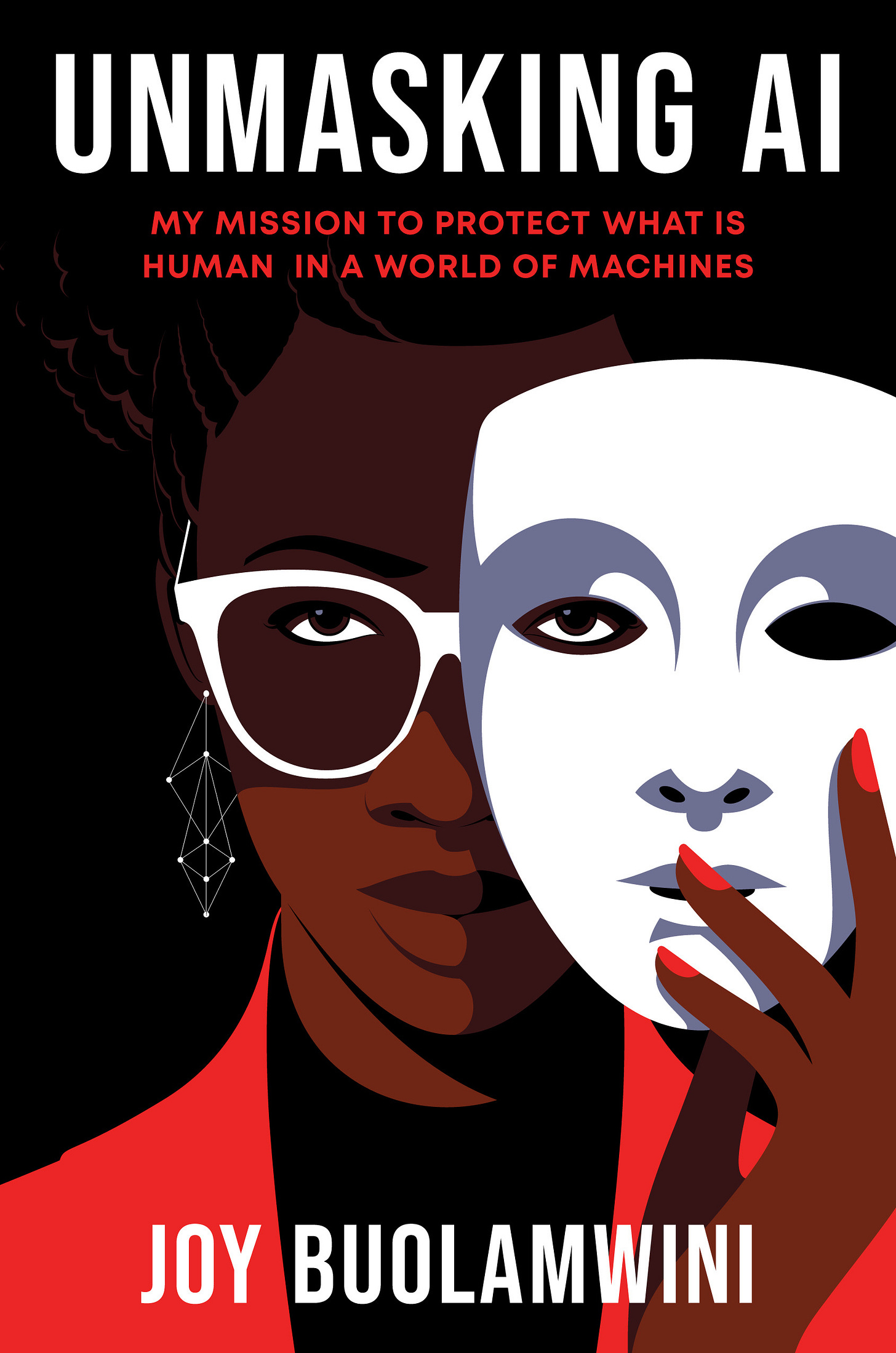
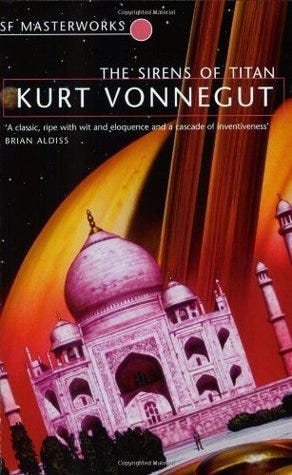
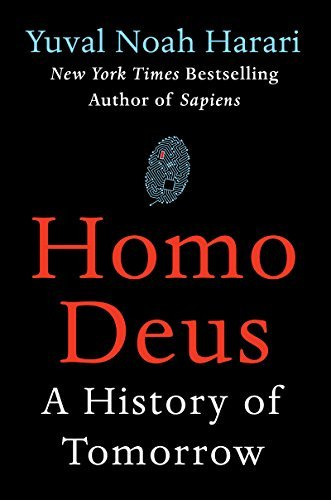
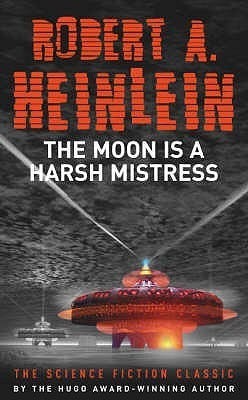
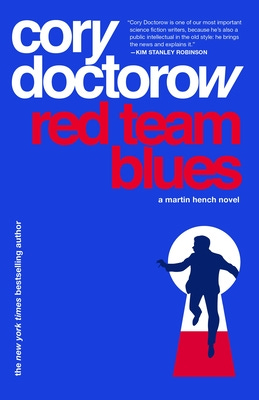
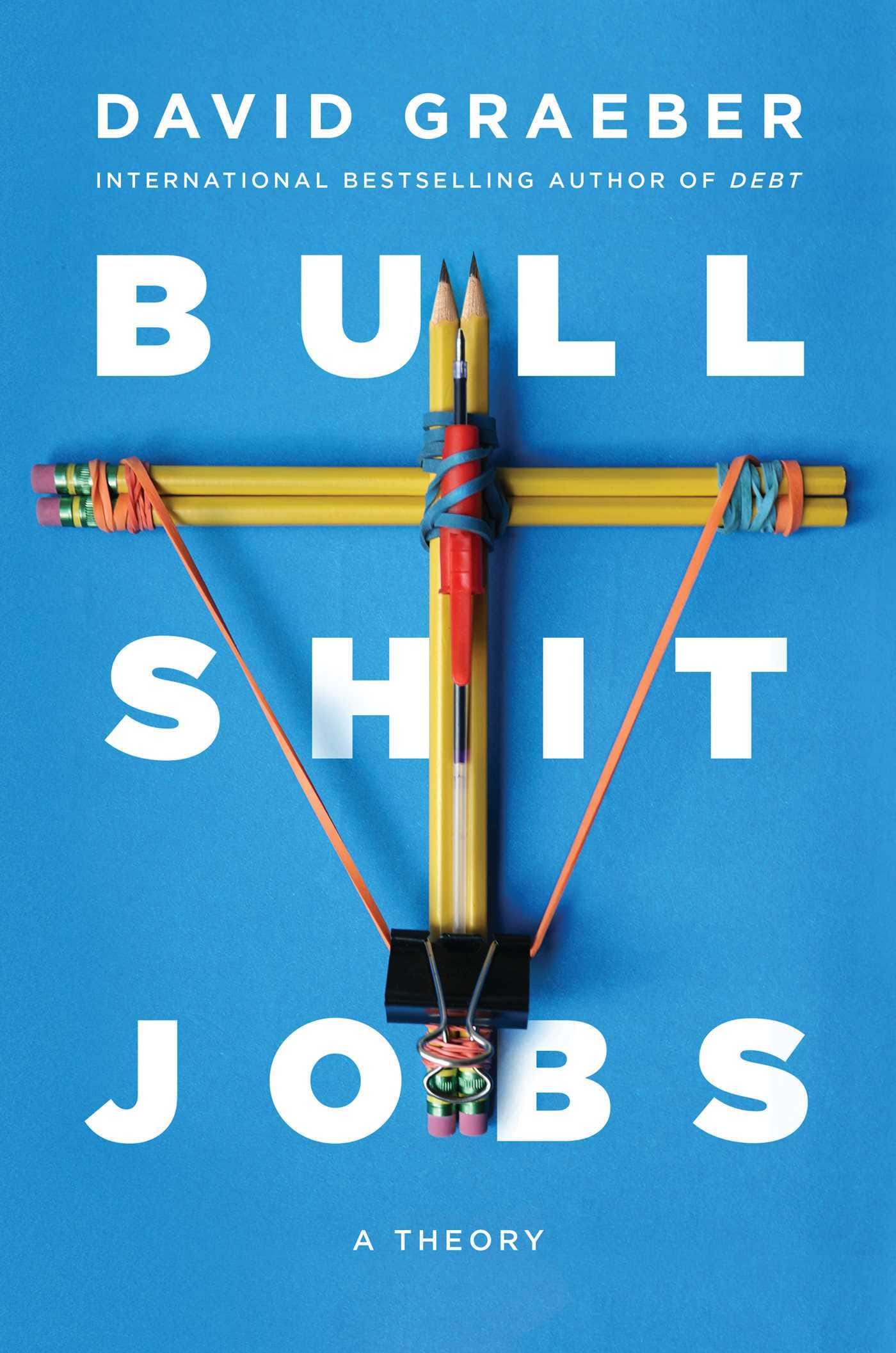
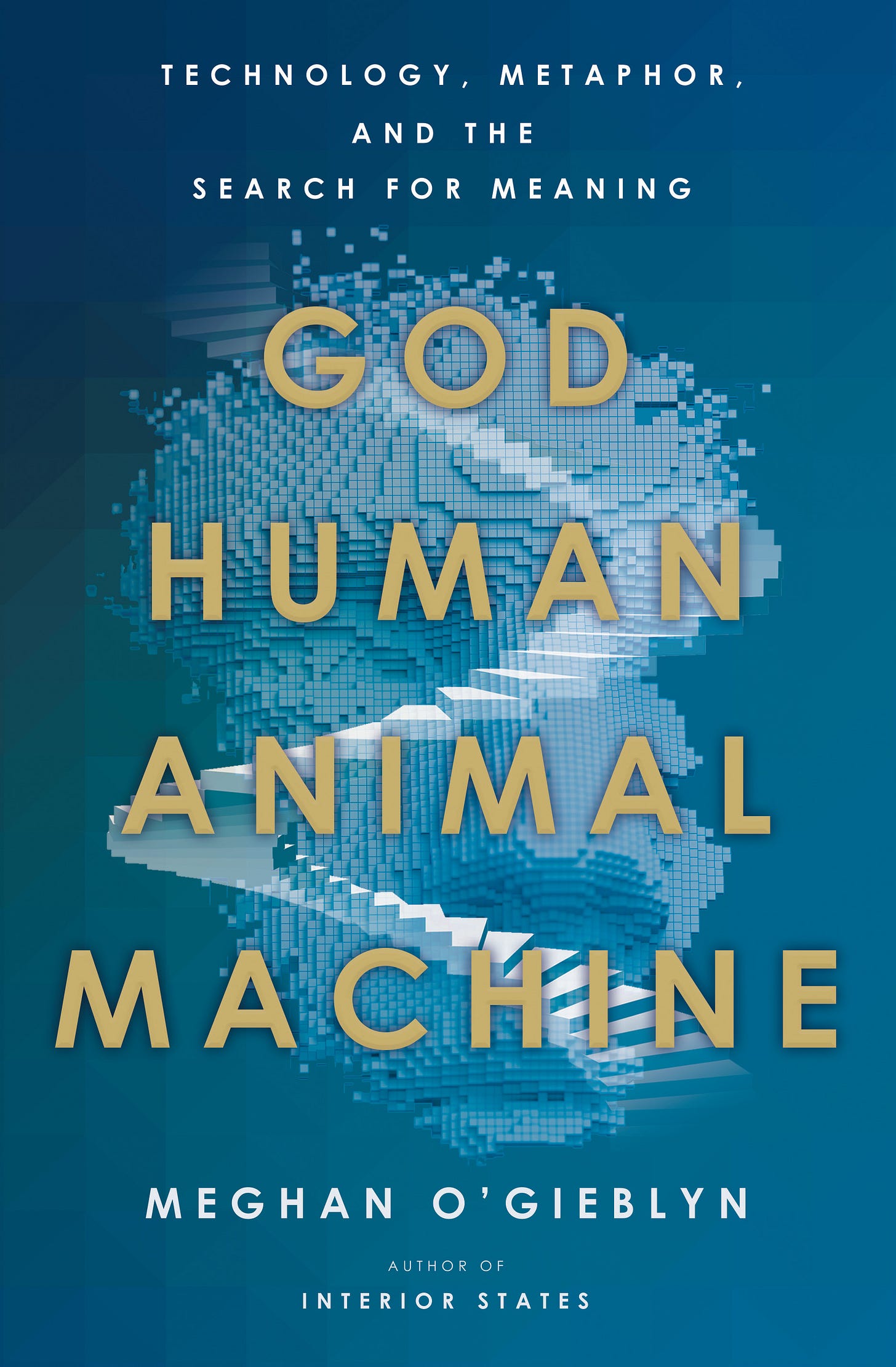
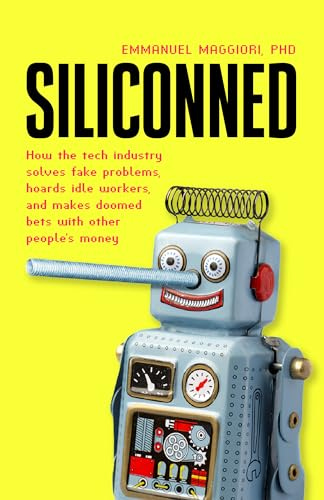
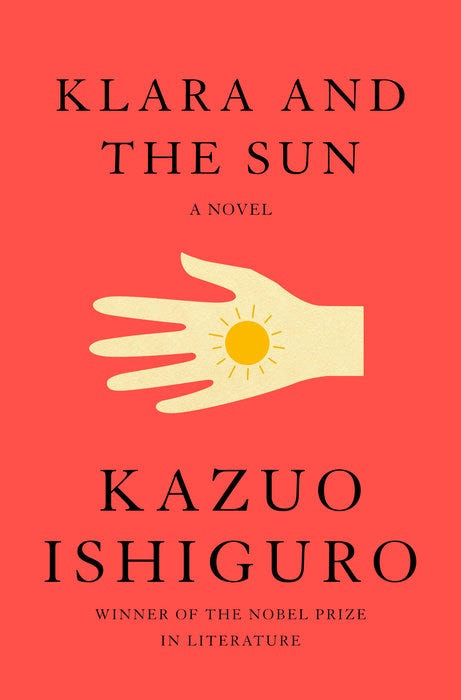

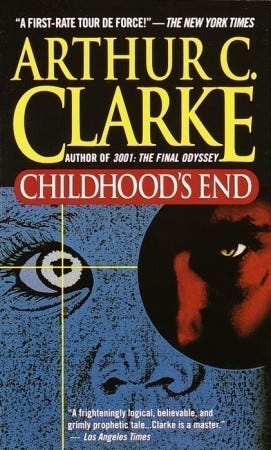
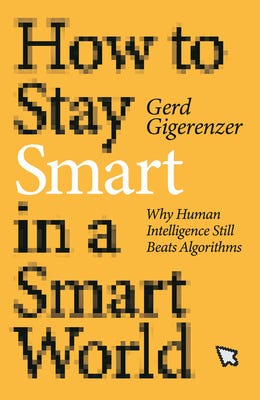
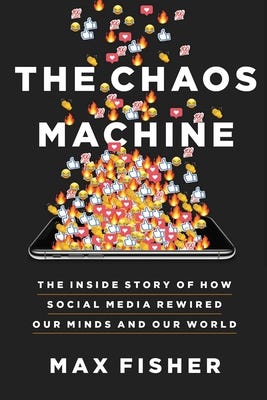
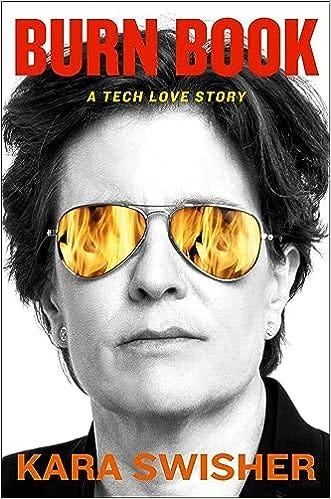
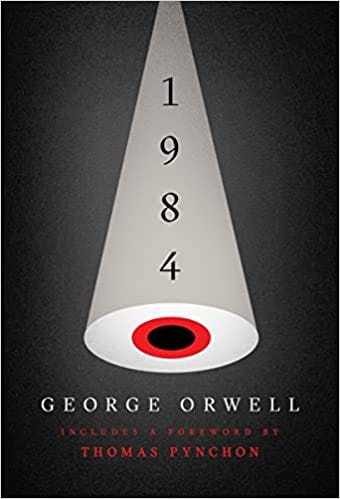
Awesome list. That Vonnegut quote...oof! I've been meaning to reread some of my favs of his, and I don't think SIrens would have made it, but again, that quote...oof! It's now on the list with Cat's Cradle, Slaughterhouse-Five, and Breakfast of Champions.